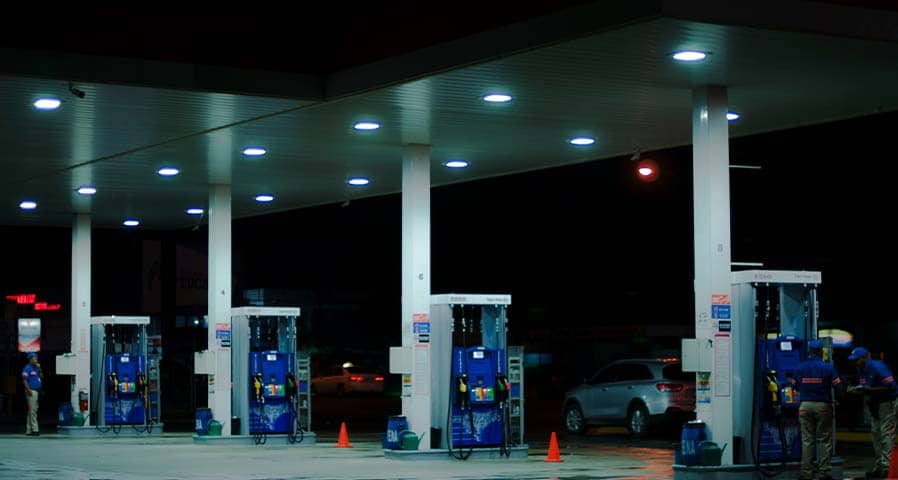As electric vehicle (EV) adoption gains momentum, discussions surrounding the equitable treatment of EV charging stations compared to traditional gas stations have come to the forefront. Recently, Kentucky lawmakers introduced House Bill 581, igniting debates over fairness and zoning regulations. Let’s delve into the nuances of this bill and explore whether it’s leveling the playing field or adding unnecessary barriers.
House Bill 581 aims to ensure parity in zoning regulations by prohibiting discrimination against EV charging stations compared to gasoline dispensing facilities. Spearheaded by Republican state representative Ken Upchurch, the bill seeks to prevent zoning authorities from favoring one type of fueling infrastructure over another.
At first glance, the bill appears to address concerns about fairness. After all, why should one form of energy distribution be given preferential treatment over another? However, the context reveals a deeper conversation about infrastructure development, accessibility, and the evolving needs of consumers.
Gas stations currently outnumber EV charging stations by a significant margin nationwide. According to U.S. Census data, there are over 110,000 gas stations compared to approximately 61,700 publicly accessible charging stations. Furthermore, the disparity in charging capabilities, particularly fast-charging options, underscores the need for strategic investment in EV infrastructure.
Fast-chargers, which provide comparable speeds to traditional gas station refueling, are still relatively scarce. While the majority of existing charging stations offer Level 2 charging suitable for overnight or all-day charging, the demand for faster, more efficient charging solutions is evident.
One key distinction between EV charging stations and gas stations lies in their operational requirements. Unlike gas stations, EV chargers do not necessitate large underground tanks of flammable liquid or frequent tanker-truck visits. Moreover, the development of EV infrastructure aligns with broader initiatives, such as the Biden administration’s National Electric Vehicle Infrastructure (NEVI) buildout, which aims to modernize transportation infrastructure across the country.
Critics of House Bill 581 question its implications for future infrastructure development. Should curbside EV chargers in residential neighborhoods automatically translate to the approval of miniature gas stations? The bill’s ambiguity leaves room for interpretation, raising concerns about unintended consequences and stifled innovation.
Despite these uncertainties, the trajectory of EV charging infrastructure points toward a convergence with traditional gas stations. Many of the latest charging stations resemble their gas station counterparts, offering familiar amenities and convenience. As consumer preferences evolve, the demand for accessible, reliable charging solutions will continue to shape urban landscapes and transportation networks.
The debate surrounding House Bill 581 underscores the need for thoughtful, forward-thinking policies that support the transition to sustainable transportation. While the bill seeks to address concerns of fairness, its implementation must consider the unique characteristics and requirements of EV infrastructure. By fostering an inclusive approach to code and zoning regulations, we can ensure equitable access to energy resources while advancing the shift toward a cleaner, more resilient future.
Click here to read the full article, originally published February 25, 2024 by Green Car Reports.








0 Comments